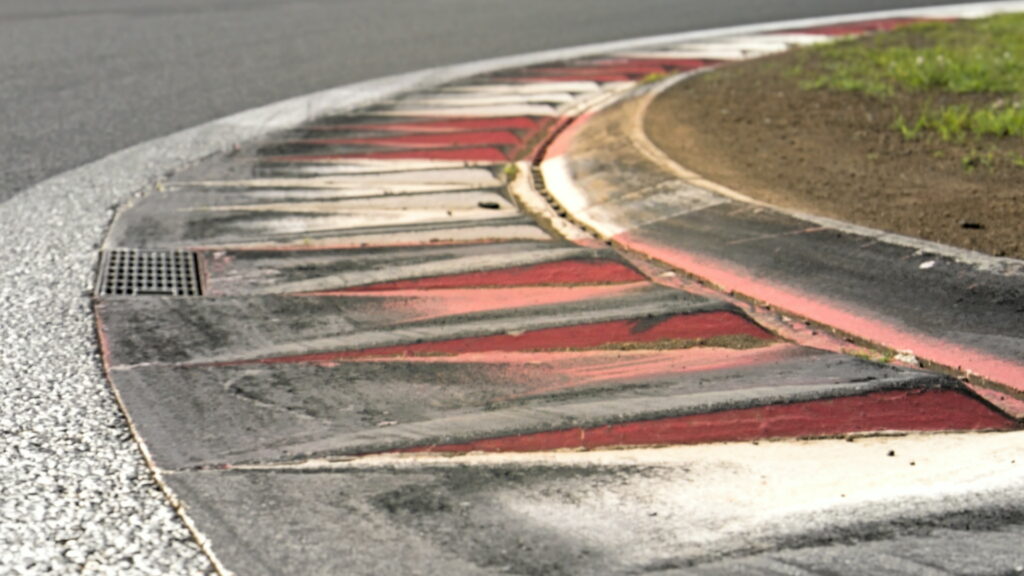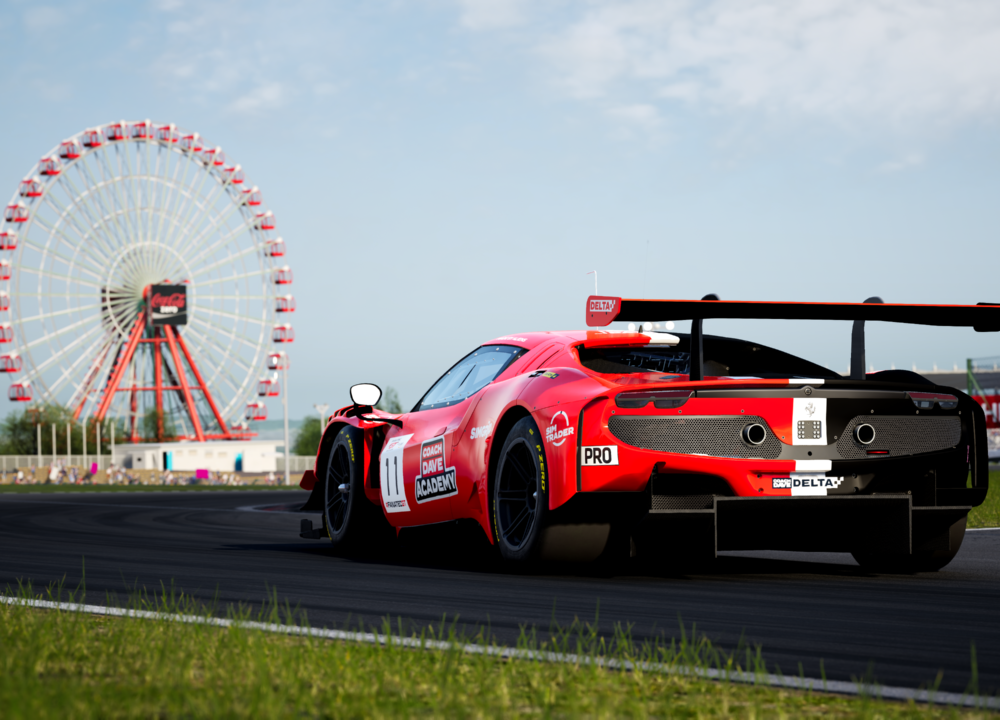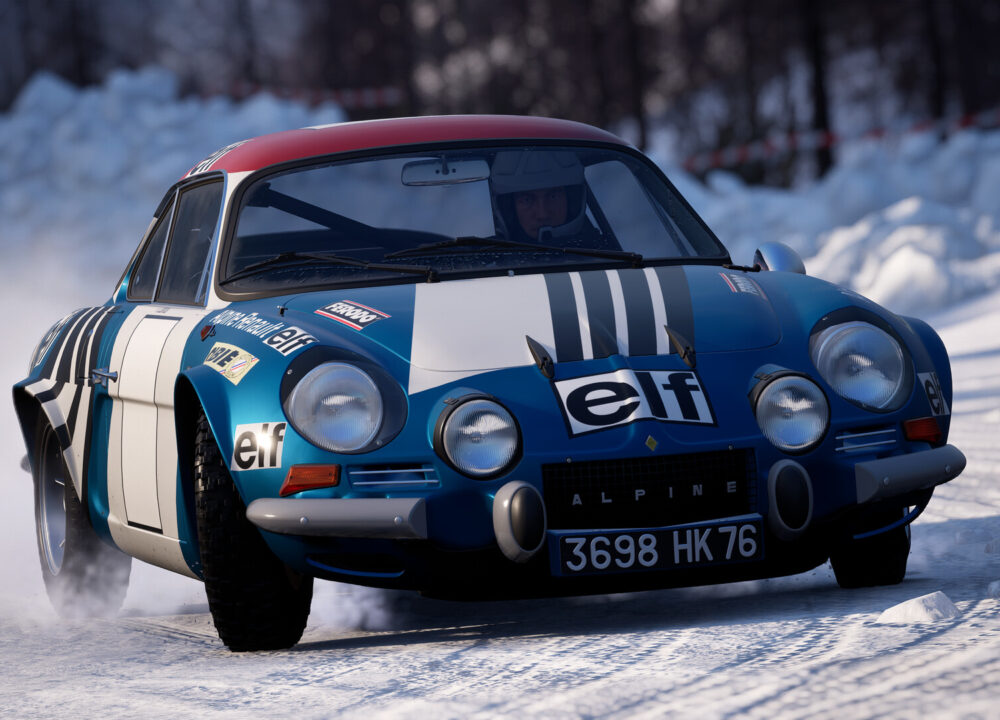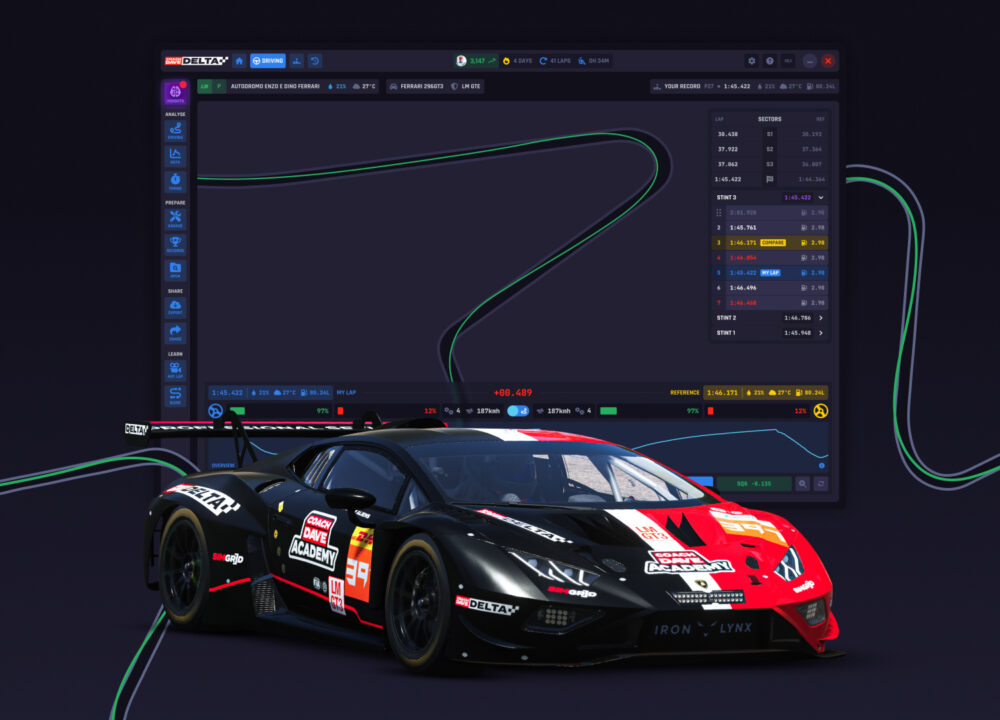One of Gran Turismo’s strongest points is its tracklist. Not only does it offer a lot of choices, but the variety and quality offered are great, both in terms of visuals and driving experience.
Track Overview
GT7 features 39 locations, with 82 different layouts and a total of 118 configurations including reversed layouts at the time of writing. Since GT5, new tracks have been added through updates on several occasions.
The game divides the tracks into 3 regions: America, Europe and Asia / Oceania. But there are also 3 main types of circuits in GT7: the real tracks which exist in the real world, the original tracks which are original creations by Polyphony Digital, and dirt tracks for rallies (which are also originals).
Past games have featured urban tracks, with some layouts used in the real world, and some using real roads but never having been raced officially, such as Tokyo R246. Sadly, GT7 doesn’t feature any of them at this point, but it is not excluded to see some of them come back in the future.
Another classification in GT7 involved the Balance of Performance: the BoP is different for tracks considered to be of low, medium and high average speed.
All tracks have time progression, although not all of them have a 24-hour cycle. Some even have dynamic weather available, with a forecast screen available before the race.
Gran Turismo 7 Data Logger
Delta is the first-ever Data Logger for Gran Turismo 7. Analyse your driving, get AI tips, and unlock lap time like never before.
AI Coaching that actually works FOR Gran Turismo
Don't get lost in the data, instantly unlock lap time using our new real-time Auto Insights coaching. Elevate your GT7 braking, apex, and exit performance in record time.
The Original GT7 Tracks
The Gran Turismo series initially started only with original tracks. But the tracks featured in GT1 have become legendary in the sim racing world, with great layouts that are fun to drive and produce great racing. High-Speed Ring, Trial Mountain, Deep Forest and Grand Valley returned in GT7 with significant alterations to the layout itself for the first time in the series.
The original tracks in GT7 are made to stringent standards to provide not only a beautiful environment but also a realistic experience. Since GT5, all new original tracks have been designed and laid out over real-life terrain that has been scanned and mapped by Polyphony Digital. The originals have been entirely redone in a way that also matches a real-life location, which has been facilitated by the fact the team has always made a great effort to make everything realistic, including elevation changes and safety areas such as sand traps.
A fun story: a student even submitted a project showing that building Apricot Hill in real life was feasible, providing several possible locations in the USA that would minimise the need for land excavation and refill, and showing that only minimal adjustment to runoff areas would be required to meet FIA standards. While Apricot Hill is not in GT7 currently, other tracks have been vetted by the FIA while the organisation was an official partner of Gran Turismo.
Ovals in GT7 aside Daytona are fictional, but are obviously based on real-life tracks: Blue Moon Bay is clearly a reference to Pocono, while Northern Isles is just an unlicensed version of Martinsville Speedway.
The list of original tracks:
- Alsace (4 layouts)
- Autodromo Lago Maggiore (12 layouts)
- Blue Moon Bay (6 layouts)
- Broad Bean Raceway (2 layouts)
- Deep Forest (2 layouts)
- Dragon Trail (4 layouts)
- Eiger Nordwand (2 layouts)
- High-Speed Ring (2 layouts)
- Kyoto Driving Park (6 layouts)
- Northern Isle Speedway
- Sainte-Croix (6 layouts)
- Sardegna (6 layouts)
- Special Stage Route X
- Tokyo Expressway (6 layouts)
- Trial Mountain (2 layouts)
The Real Circuits
Real-world circuits started appearing in Gran Turismo as early as GT2, with Laguna Seca being the first to be featured and a consistent returning track in the main series. All real-life tracks in Gran Turismo are laser-scanned, with some even being updated during a game’s life cycle. While not all of them are currently entirely up to date, the scans are all pretty recent.
The list of world tracks:
- Interlagos
- Autopolis (2 layouts)
- Bathurst Mount Panorama
- Brands Hatch (2 layouts)
- Barcelona Catalunya (3 tarmac layouts)
- Circuit de la Sarthe (2 layouts)
- Daytona (2 layouts)
- Fuji Speedway (2 layouts)
- Goodwood
- Laguna Seca
- Monza (2 layouts)
- Nurburgring (6 layouts)
- Road Atlanta
- Red Bull Ring (2 layouts)
- Spa Francorchamps (2 layouts)
- Suzuka (2 layouts)
- Tsukuba
- Watkins Glen (2 layouts)
- Willow Springs (5 layouts)
The Rally Circuits
Gran Turismo introduced dirt tracks in GT2, with Pikes Peak being the only real-life-based course to have been featured until GT7 introduced the rally cross layout of Barcelona.
Rally tracks in Gran Turismo are the exception to the rule, and never really hit the mark nearly as much as tarmac original tracks by the fans. They are overall very wide, and extremely bumpy with a lot of big jumps. All the rally tracks have been renewed since GT Sport, and a lot of them only lasted a single game in Gran Turismo’s history.
The list of rally tracks:
- Barcelona Catalunya Rally Cross
- Colorado Springs (2 layouts)
- Fishermans Ranch (2 layouts)
- Lake Louise (6 layouts)
- Sardegna (2 layouts)
Circuit Experience
Gran Turismo 7 provides an excellent feature to allow players to get familiar with the different tracks: Circuit Experience. In this mode, you will be tasked to run every sector individually and reach a certain time target, before running an entire lap. Achieving Bronze to Gold times will provide you with in-game credit rewards.
The best part is you can check the community’s times, and even download the best laps to watch them and use their ghosts to improve your own pace. Of course, you can also use the Delta app to analyse your telemetry and the new AI feature to help you figure out where and how you can improve.
If you enjoyed this guide then check out our guides to the best GR.3 cars in GT7 and the top GR.4 cars in Grant Turismo 7.






